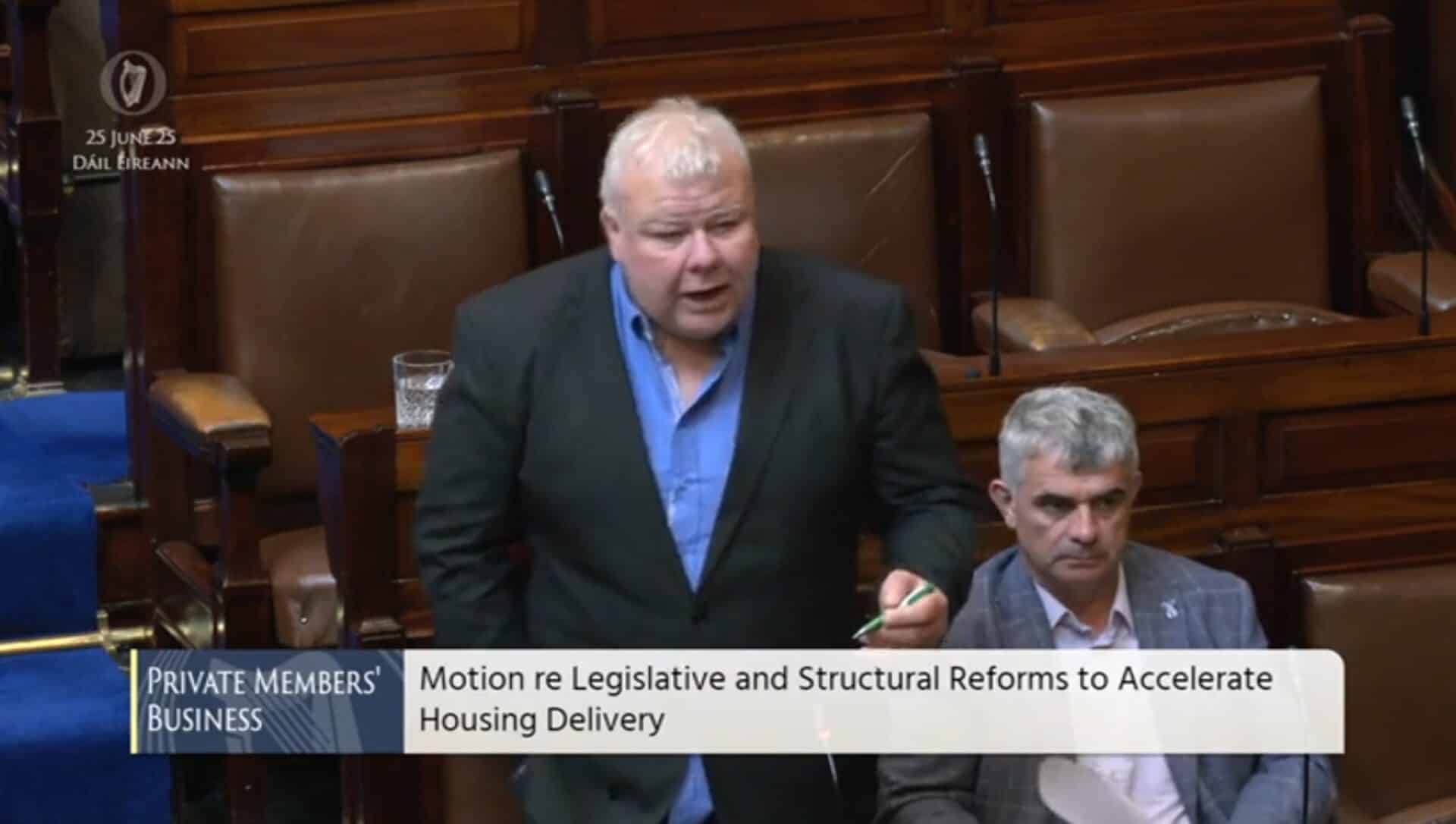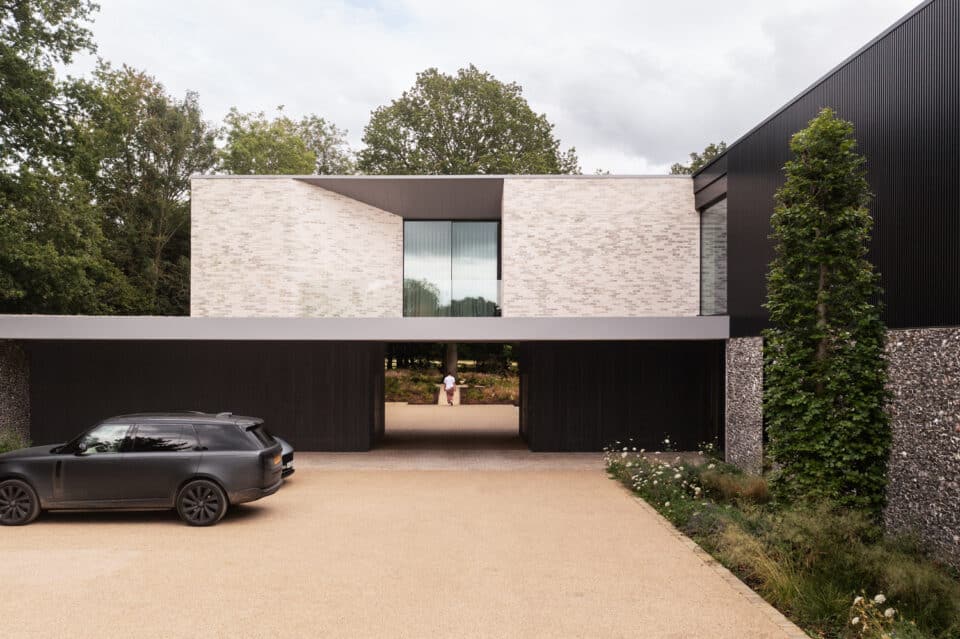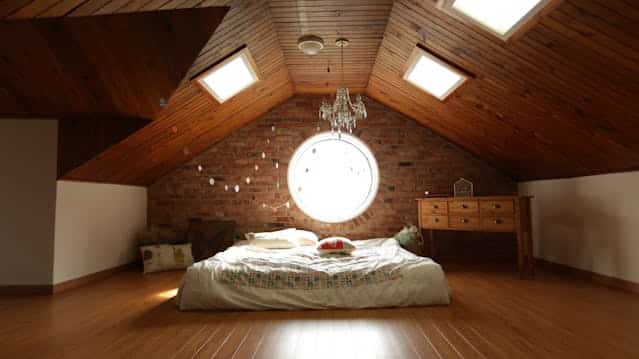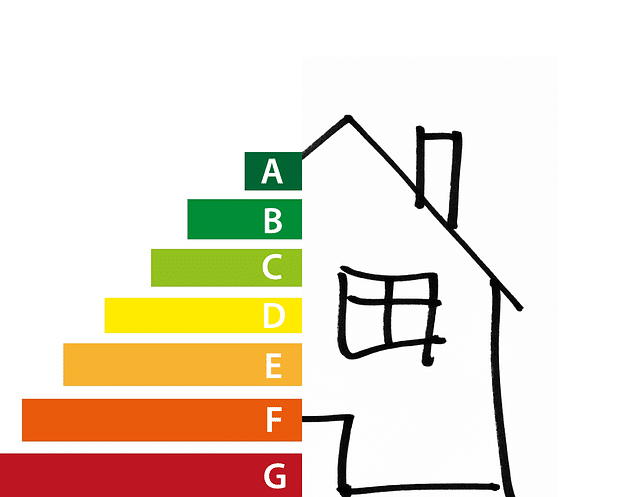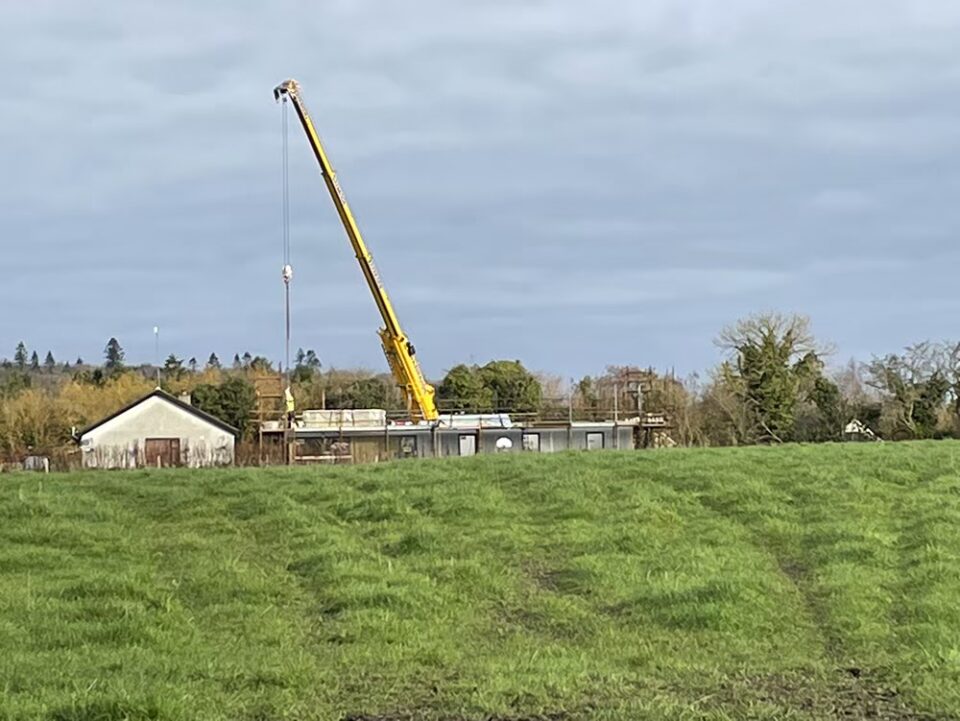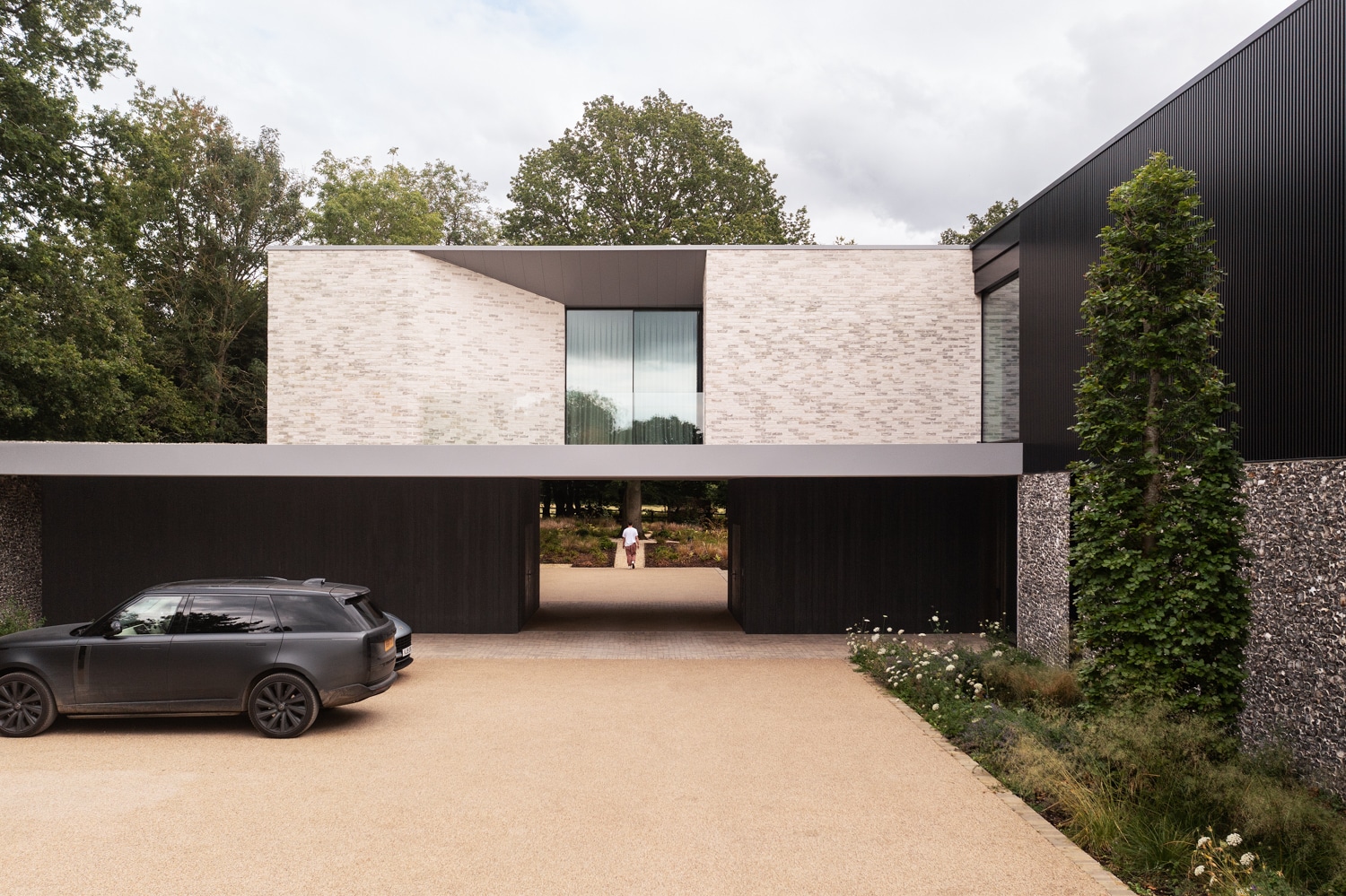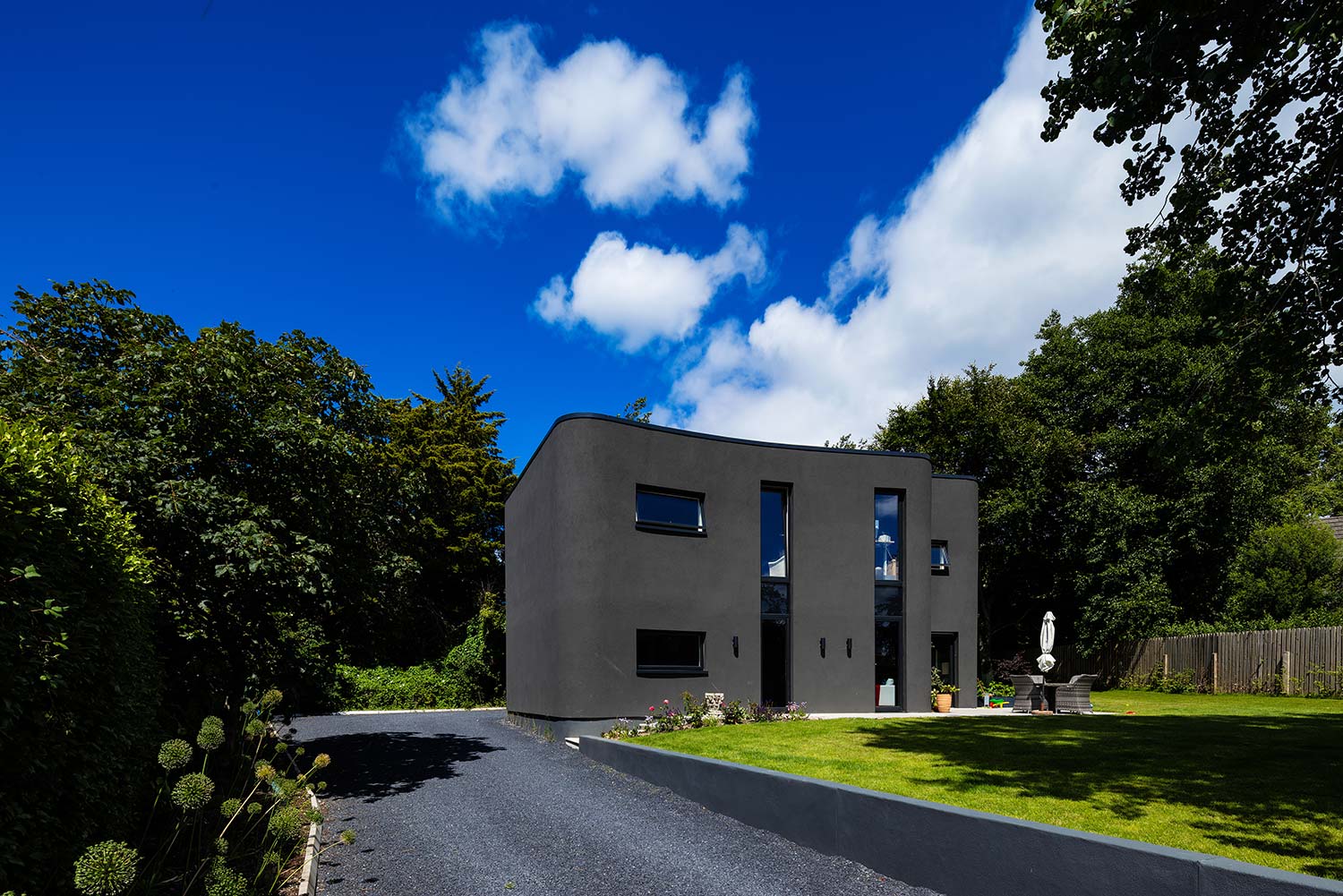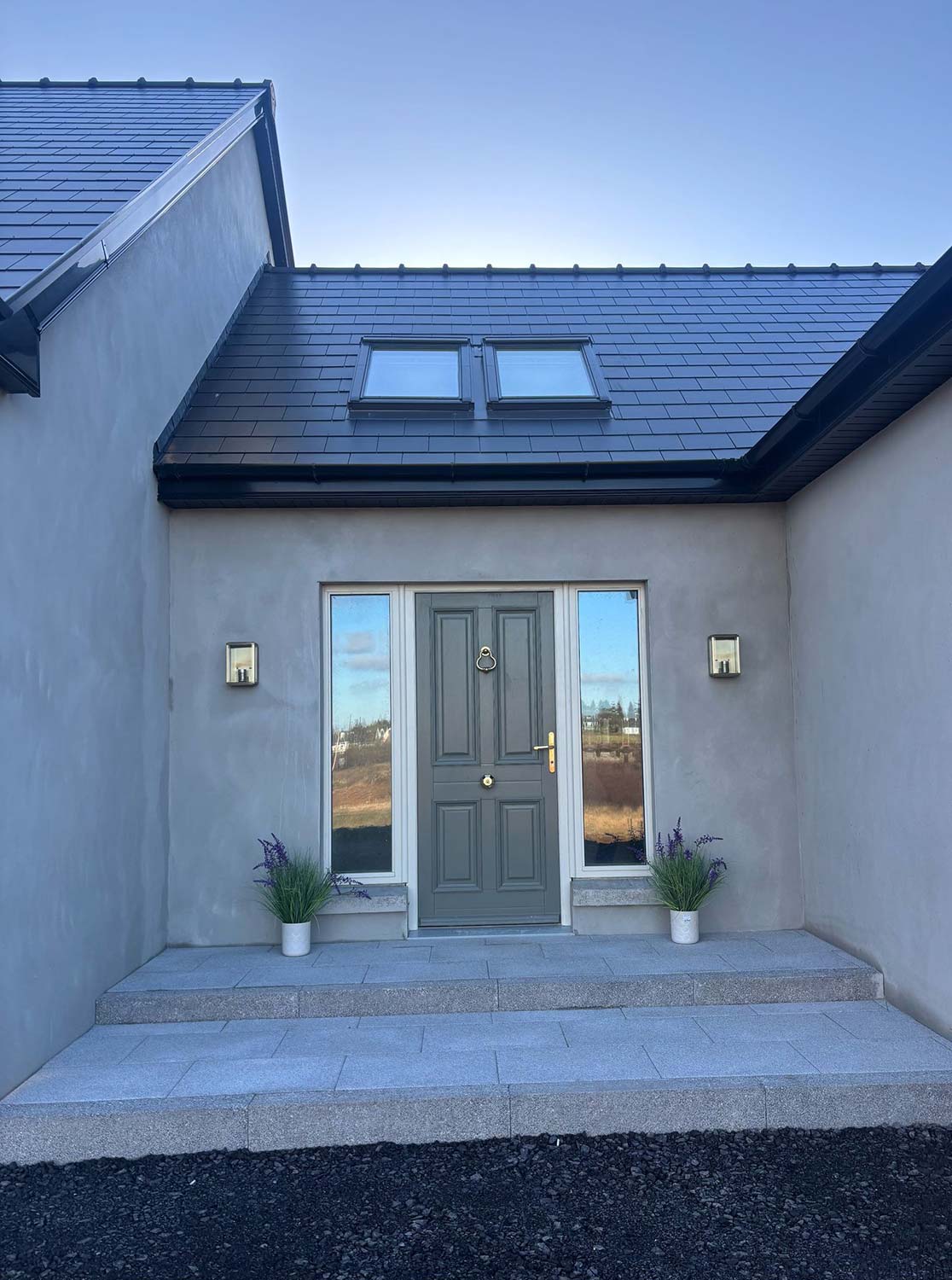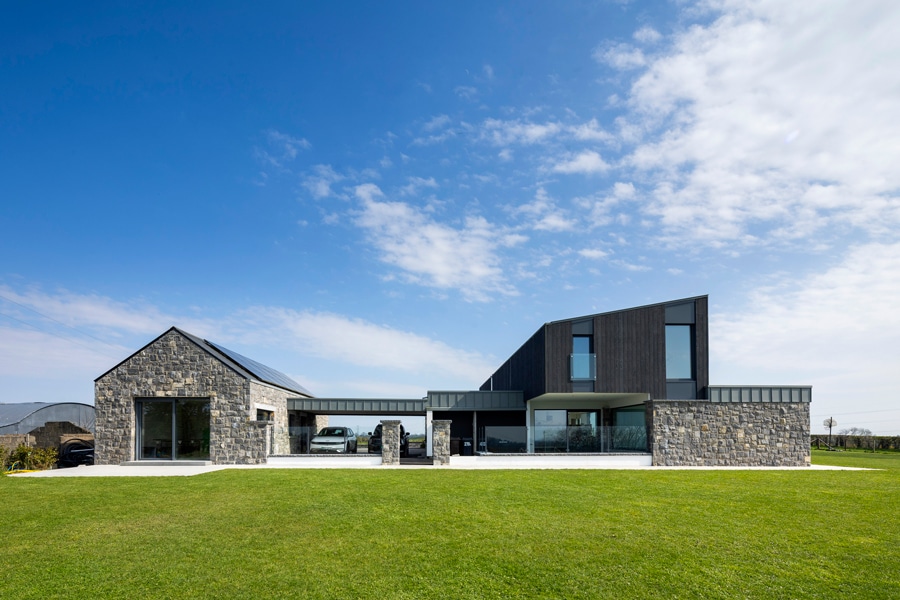In this article we cover:
- Motion to let all family members build on farmland
- Motion for those who work in the area to build
- Granny flat motion details
- Government response
A call to reform rural housing guidelines to allow multiple family members to build on farmland, ease planning restrictions on modular homes and granny flat conversions, and limit objections to local residents, were raised in the Dáil in a private members’ motion on June 25, 2025.
The Legislative and Structural Reforms to Accelerate Housing Delivery motion also emphasised the importance of standardised, high quality, energy efficient housing and reducing VAT on construction materials.
Those who need a house should be allowed to build it
Rural housing guidelines should be reformed to allow multiple homes on family farmland, argued the independent TDs.
“On rural housing guidelines, we see problems where family members are trying to build,” TD Michael Fitzmaurice told the Dáil, who argued more than one family member should be allowed to build “as long as sightlines and percolation tests are okay”, adding “because, at the end of the day, we have an emergency and if we have an emergency, we have to try to sort it out”.
“Week in, week out, daughters and sons of farmers come to see me about trying to get planning on their own land,” said TD Michael Collins. “The hoops they have to go through are unbelievable. God help us if there is more than one daughter or son in a family.”
“The Government must think people should have only one child, like a Chinese family. We are proposing that standardised housing designs be permitted to speed up planning while complying with regulations.”
The motion argues that if a teacher were to move to an area in rural Ireland, they should be given planning permission to build too. The problem now, Fitzmaurice says, “is they are not from that area originally, and some councils will not give them planning permission”.
TD Paul Nicholas Gogarty added: “We had the bungalow blight of the 1970s with poorly designed houses. While I agree with Deputies Collins and Fitzmaurice about having a standard type of house, it has to be a high quality standard that is energy efficient and can produce its own solar electricity to power electric vehicles, EVs. Let people live and work in rural communities. That would be a win-win for everyone.”
Minister of State at the Department of Housing, Local Government and Heritage John Cummins said the department’s rural housing guidelines, are under review by the Department of Housing (they have been for decades), adding: “There is a need to ensure they are carefully calibrated to support the development of rural one-off housing while also ensuring appropriate safeguards are in place. These changes will improve transparency, timeliness and accessibility in our planning process.”
Granny flats and modular homes
Fitzmaurice added that modular homes and granny flats should be planning exempt up to 600sqft/63sqm. “These should be exempt, provided they are built at the back of an existing house,” he said.
“If the garage is at the back of the house and can be converted, it should exempt. This is how we will get things rolling, helping people to put a roof over their heads.”
He added that planning objections should only be allowed for people in the locality: “Someone from 120 miles to 130 miles away should not be in a position to object.”
Minister of State John Cummins said the department is undertaking a review of these provisions, and that “a public consultation is expected to commence next week”.
VAT reduction
To further support construction, the TDs support a temporary reduction of VAT on housing construction materials to 5 per cent.
They are currently charged 23 per cent when bought off the shelf or by the self-builder; when bought through a trade or builder, the rate is 13.5 per cent.

